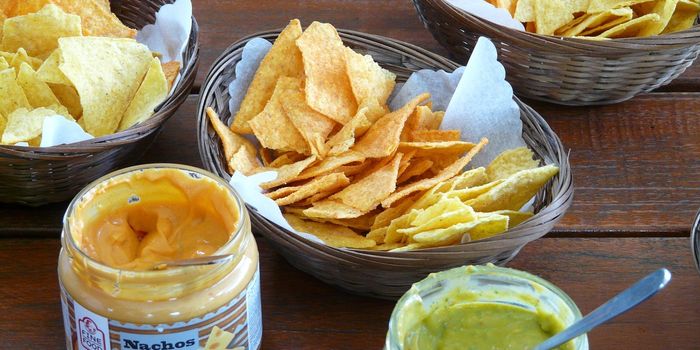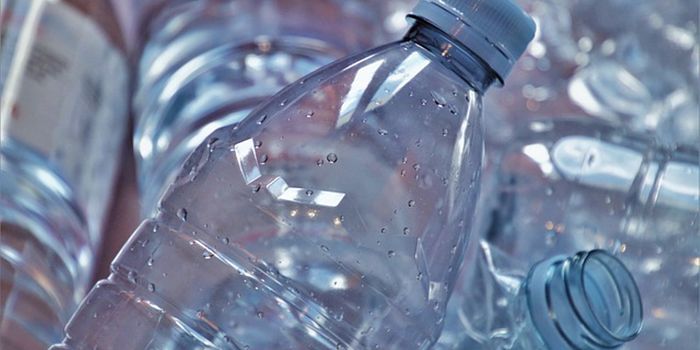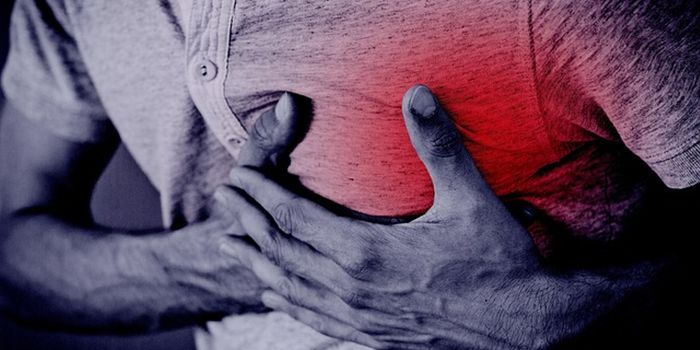There’s a new hot vitamin on scientists’ minds right now, but it’s one not many people may be familiar with. Known as nicotinamide riboside, this naturally occurring vitamin was recently found to protect mice from diabetes complications, acting to lower blood sugar and reduce fatty liver. The
promising animal trials give hope that the vitamin could also have the same beneficial effects in clinical trials for patients with diabetes.
Nicotinamide riboside is a variation of the vitamin B3 and functions as a precursor to the coenzyme nicotinamide adenine dinucleotide, or NAD+, which is involved in many critical roles in cellular metabolism. Cells need NAD+ to convert fuel into energy, but as we age, the supply of NAD+ metabolite decreases. As such, scientists at the University of Iowa are interested in leveraging nicotinamide riboside to increase the cells’ supply of NAD+.
"There is a real fascination right now in the world of personalized nutrition, biotechnology, and pharmaceutical research to find strategies to boost NAD+ levels. Nicotinamide riboside has emerged as the lead molecule to elevate NAD+ metabolites," said Charles Brenner, professor at the University of Iowa Carver College of Medicine, and senior study author.
Brenner’s association with nicotinamide riboside began in 2004 when he discovered this vitamin and its relationship to NAD+. He’s been busy testing the effects of nicotinamide riboside in his lab since then.
Now in his most recent study, Brenner and his team sought to investigate whether nicotinamide riboside could improve the health conditions in mouse models of prediabetes and type 2 diabetes (T2D).
In their study, the team found that vitamin supplement prevented the prediabetic and T2D mice from gaining weight. It also protected these mice from hepatic steatosis, which is a condition characterized by the build-up of fat globules in the liver. Without the vitamin supplement, the mice developed severe hepatic steatosis within a few weeks of the high-fat diet. In addition, the nicotinamide riboside vitamin supplement also seemed to lower the mice’s blood sugar levels and the extent of liver damage.
Beyond these metabolic improvements, the nicotinamide riboside supplement also seemed to protect the mice against neuropathy, also known as peripheral nerve damage. Neuropathy is a common condition for diabetes patients, whereby they loose sensation in the peripheral extremities (toes, fingers). Mice treated with the nicotinamide riboside supplement had better heat sensitivity in their extremities, as compared to mice without the supplement. This suggests the vitamin improves neuropathy as well.
"We have successfully addressed mouse models of prediabetes and type 2 diabetes with the naturally occurring vitamin nicotinamide riboside," said Brenner. "What we have seen to date in mice justifies clinical testing of nicotinamide riboside in overweight adults and adults with diabetes."
While the team is working towards clinical trials with nicotinamide riboside, they are also busy developing strategies to measure nicotinamide riboside and NAD+ levels in people.
Additional source:
EurekAlert!









